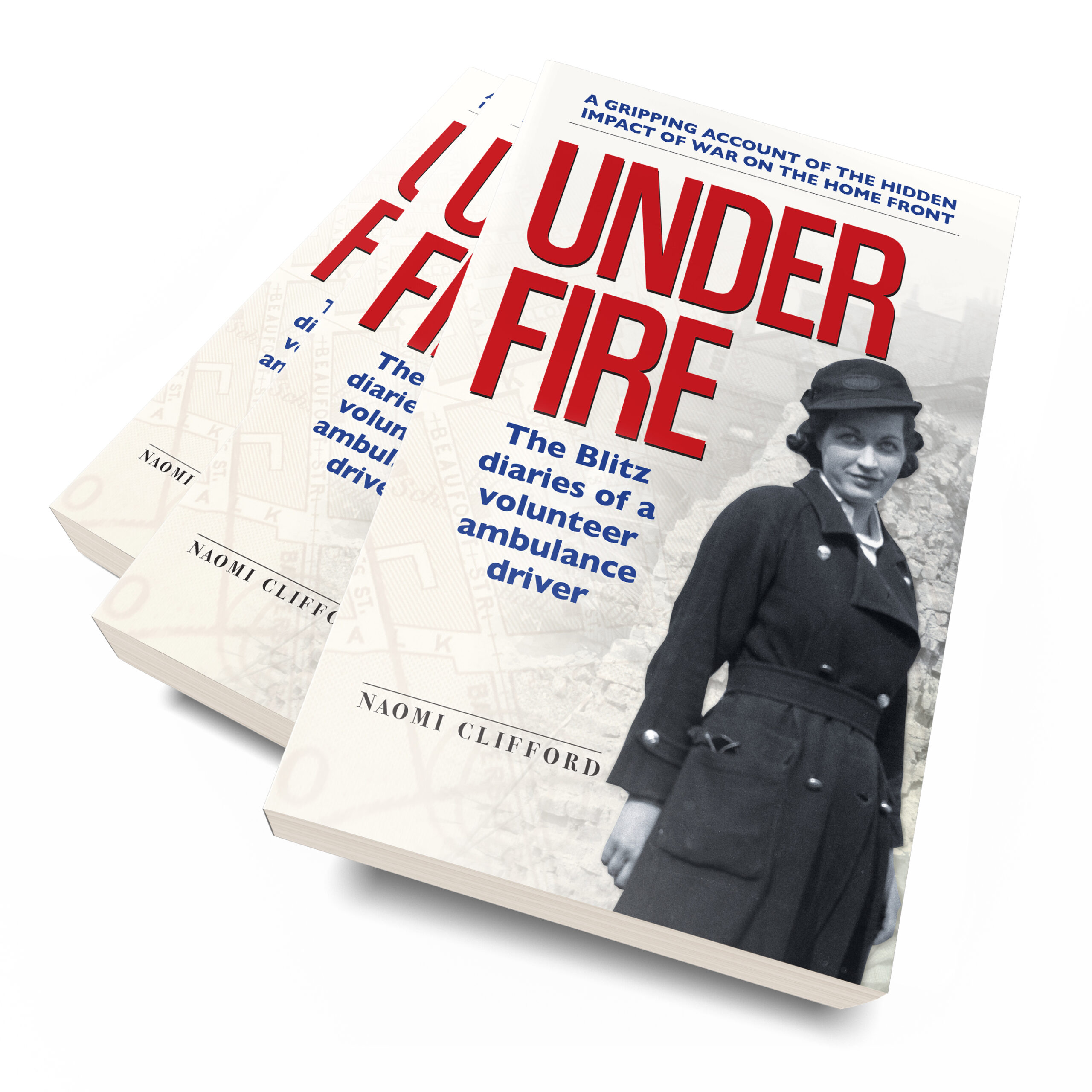Contemporary press reports of elopements
1785
Ward in chancery
Monday Mr C. the son of an eminent banker in the City, was committed to the Fleet Prison, for having eloped with a young lady, a ward of chancery.
1786
Conciliation
A few days since a Kentish heiress eloped from her father’s house at midnight with a marine, accompanied by a confidential friend, and were married at St Clement’s church. On the next day the bride and bridegroom were surprised at seeing their father’s carriage stop at their door, and much more surprised to hear him address them in words like the following: – “My children, I am not come to storm or upbraid; I opposed your union from no selfish motives; my daughter’s happiness was all I had in view; and as I once thought I could not better promote it, than by refusing my consent to your marriage, so I am now convinced that I could not more effectually destroy it, than by continuining my resentment. You must, therefore, both return with me, and my fortune shall be yours, and I trust my son-in-law, by his future conduct, will convince me, that he had more love for my daughter than my land.” The hired lodgings were instantly discharged, and the young couple returned to their father’s seat with more joy, if possible, than they left it.
Norfolk Chronicle, Saturday 4 February 1786
1787
Jilted lover
The following letter was found in the pocket of the young man who shot himself some time ago at Horsham in this county [Hampshire], (as mentioned in our paper of the 23rd ult.) in consequence of a love disappointment. The letter is addressed to Miss V. who eloped with Mr T—n to Scotland, after having promised to this unhappy man her hand.
“Madam
A calm inverval having intervened, I snatch this opportunity to take my leave of you for ever. I will not upbraid you for your duplicity; that I shall leave for your after feelings. When you encouraged the hopes of the infamous people, had you candidly opened your mind to me, I, though I must confess should have been sincerely hurt, yet had too sincere a regard for you to have compelled a continuance of your countenance, and would have tamely submitted to my unhappy lot; instead of such honourable conduct, you basely gave me room to hope, and at last as basely left and deserted me. God forgive you, my dear, I dare say no farther.
I sincerely hope you will never feel the least remorse of conscience, and that every earthly felicity may attend you, and that you may meet with every gratitude and indulgence you so much merit; on my bended knee I now solicit heaven to shower down its protection on you, and that you may forget there ever was such an unhappy wretch as
S. Evers
P.S. Before you receive this, I shall be departed to a better place, where neither you nor those infamous rascals you are connected with, can do any further injury. Oh! Deluded Madam, you have done an act, which, if you have the least grain of humanity left, you must hereafter feel most tenderly; I forbear to reflect on you – on the contrary I most sincerely forgive you, and devoutly wish you may experience every happiness which you may merit, and also forget every tender vow you so often made to the unhappy
S. Evers”
Hampshire Chronicle, Monday 28 May 1787
Miss Fust and Henry Pawlet Bowerman
“On Wednesday Mr Mingay moved the court of King’s Bench, for a rule to shew cause why an information should not be filed, by the master of the Crown Office, against Henry Pawlet Bowerman, esq, his brother John Bowerman, Matthew Willick, esq., and his wife and the two Miss Paynes, for conspiring to carry off Miss Fust, a rich heiress of Herefordshire.
This young lady, just turned of 21, appears to be the niece of Sir John Fust, upon whose death she becomes entitled to an estate of £2000 per annum, and is also possessed of a very considerable fortune derived from the death of her father. From her infancy, however, she has labored under so unfortunate an imbecility of mind, that it was necessary a confidential servant should be placed over her, to superintend, and in a great measure to direct her actions. Upon this rich prize H. P. Bowerman had for some time meditated an essay of gallantry and had, in some measure, found opportunities of breathing love-tales into her unsuspecting ear; but the jealous eyes by which she was hourly watched, obstructed their frequency, and prevented the courtship from rising to its full maturity. Despairing, therefore, of enjoying the rich harvest of his assiduities by the regular and gradual approach of the lover, he determined by one vigorous effort of dauntless gallantry to carry her off. For this purpose, Mr Bowerman made himself agreeable in the family of Mrs. Payne, who was upon terms of familiar intimacy with the mother and aunt of the rich heiress; and the Miss Paynes, with a disposition natural to the young and lively of the sex, were soon induced to listen to the scheme.
Soon after the three ladies arrived at Mrs. Payne’s Mr. Bowerman made his appearance; and shortly after that a post-chaise and four horses drove up to the door. It did not appear whether during the short interval which followed, Miss Fust was prevailed upon to accompany her hero, or whether she reluctantly entered the chaise; but Mr Bowerman, by some means, drove furiously away with the lady.
The lady’s family, alarmed at the length of her visit, send an escort to fetch her home. The elopement was thus discovered; alarm took place, enquiries were made, scouts were instantly dispatched round the country, but no tidings could be obtained. Soon afterwards, however, certain intelligence was received of their being on the road to France.
One of the judges of the King’s Bench, on being applied to granted a habeas corpus, but before the officer had got half his journey, to execute the writ, Mr. Bowerman, his brother, one of the Miss Paynes, and the lady eloping, were landed, as they thought, with security, upon the French shore; these endeavours to recover the person of Miss Fust from the possession of her paramour proving abortive, new measures for the purpose were immediately and vigorously adopted.
Mr. Lewis, the law agent employed for the family of the Fusts, procured letters to the duke of Dorset, the English ambassador at Versailles, stating the particulars of the transaction, and requesting his immediate interposition. His industry, assisted by the representations of the duke of Dorset, procured an edict from the French king, to seize the young lady in any part of his dominions. They were found at Lisle; but Bowerman resisted the order of the king, claimed possession of the lady, as his true and lawful wife, and solemnly declared that they had been deliberately married at Tournay; Mr Lewis’s clerk immediately went to Tournay to enquire into the truth of Mr Bowerman’s story; and he there learnt that the monks of every convent in the [place had been very seriously applied to by the parties to perform the holy office, but that they had una voce refused it.
In consequence of this intelligence, the young gentleman returned to Lisle, executed the orders of the king, and restored Miss Fust to the custody of her family.
The court without hearing more particulars granted a rule agains the defendants, to shew cause why they shold not be tried upon an information for this offence.”
Chelmsford Chronicle, Friday 16 November 1787
Unfortunate accident
A Correspondent, upon whose Intelligence we may depend, has informed us, that the following extraordinary and melancholy Accident happened within these few Days at Liverpool.
An Officer had formed a very warm Attachment to a young Lady of the Place, and, with her Consent, had made Proposals to her Friends, which were not accepted. The Lover however still persevered, and finally prevailed on the young Lady to elope with him. The Evening was fixed, and Circumstances arranged. She was to escape from the Window of her Bed-Chamber, for which Purpose a Ladder was provided. The Lady was so exceedingly timid, that she would not consent to descend but on her Lover’s Shoulders. He expostulated and represented the Danger, but in vain. He at length took her on his Back, but unfortunately, before they were Half Way down the Ladder, their Weight broke it, and they both fell into the Street. The Lady escaped with very little injury — The Gentleman broke both his Legs and one of his Arms. We are happy to hear that he is likely to recover. –General Evening.
Northampton Mercury, Saturday 17 November 1787
1788
Anna Maria Bowes
Sunday morning, very early, lady Anna Maria Bowes, eldest daughter of lady Strathmore, eloped from the house of Mrs. Parish, where she lived, in Fludyer-street, Westminster, with Mr. Jessop, who had a house so contiguous, that the party contrived to lay boards from one to another; by the help of which, and a ladder, they had the pleasure of marching off without being discovered even by the watch, and are, by this time, on their way to Calais, the gentle God fanning a propitious gale!- It appears that a correspondence has been carried on for near a twelvemonth past, by means of the servants in each family, yet not the least suspicion was ever entertained by Mrs. Parish. The gentleman is the son of a Col. Jessop, an American loyalist, and is a student in the Temple; the property of the family shared the fate of the rest of that unfortunate body in America. They lady is a ward in Chancery, is aged eighteen, and will possess a fortune of thirteen thousand pounds, when she comes of age. The chancellor will be applied to for the future protection of his ward.
Chelmsford Chronicle, Friday 1 February 1788
Elizabeth Courtney
Miss Elizabeth Courtney, daughter of Lord Courtney, eloped on Thursday se’nnight from her father’s house, Grosvenor-square, to Gretna Green, with the second son of the Duke of Beaufort. The particulars are these: The young runaway, the better to conceal her designs, had bespoken a fine new dress for the Duke of York’s ball on the Friday evening. On the night preceding, Miss Courtney, being engaged with the family at a route, affected indisposition, and consequently remained at home. About twelve o’clock at night, she and her maid sallied forth, armed only with the quivers of Cupid. At the end of Duke-street a post-chaise was in waiting with the hero in it, and off the two lovers drove. The maid returned and went to bed. Being rather late in stirring in the morning, she was called by some of her fellow-servants. She then declared, that so far from over-sleeping herself, she really had not slept a moment, for that she knew she would be turned off in the course of the day. Then she candidly explained. The hue and cry was raised, but all in vain. Miss Courtney is a lady of a very reserved, modest and amiable disposition. The affection has lasted for some time. It was not from dislike to the match that Lord Courtney was angry at his daughter’s elopement; on the contrary, he approved of it. But his Lordship’s pride was hurt on discovering some time ago the mutual affection of the young pair to the Duke of Beaufort, who disapproved of it. His Lordship, highly piqued at his daughter having been rejected, he and his family endeavoured to ween the predilection of the young lady, but all in vain.
The Ipswich Journal, Saturday 31 May 1788
Drugged
Miss Eliz. F-ge, has lately eloped with a Capt. Bland. The captain, before he took Miss off, sent all the family to sleep, with a dose of laudanum, which had such an effect on the coachman, who drank plentifully of the punch, that he is dangerously ill. Miss F-ge has been, without interruption, buckled to her love by the Gretna Green blacksmith, and will possess, when of age, £8000 a year in Northamptonshire. She was to have been married on the day of the morning on which she went off, to the brother of a noble Earl – and every thing but signing the settlement, and repeating the ceremony, was finished. The captain, however, had the consummation so devoutly wished by the Honourable bridegroom, and is now in possession of the Treeasure at Dublin, where he means to reside until Miss’s age counts three times seven.
Hampshire Chronicle, Monday 27 October 1788
1789
Tragic duo
A trip to Gretna Green. On Monday last Miss P–, of T—ll, in Yorkshire, a young lady of exquisite beauty and sensibility, with a fortune of thirty thousand pounds, eloped to Gretna Green with mr C–, linen-draper, of D–, in the same county, a gentleman, allowed by all statuaries, who have had the pleasure of seeing him, to be the best-proportioned and finest figure of a man in the kingdom, being upwards of six feet high, and of the exactest symmetry.
There is a very remarkable circumstance attending the marriage:
Mr C— was to have been united to Miss G–, of Wakefield, and Miss P— to Mr G–, brother to Miss G–, the same day being appointed for both weddings; but, what a melancholy to relate, Mr and Miss G—both died a few days previous to the time fixed for the solemnization. It was at the funeral of their respective lovers that this present couple first met; there being a familiarity in their cases, a sympathizing attachment immediately took place, and they were married within a month.
Caledonian Mercury, Monday 21 December 1789
Rape
A curious trial for a rape come on in the Courty of King’s Bench in Ireland lately. A Miss Egan eloped with a Captain Kindlan, under a promise of marriage. The lady was imprudent enough to consent to sleep in the same bed with the gentleman, on condition that he should not be guilty of rudeness! The Captain broke the compact, and the lady’s friends inconsiderately prevailed on her to prosecute him for a rape; the Captain was acquitted. Miss Egan fainted several times in the course of her examination; and evinced a sensibility and understanding which made the auditors feel for her unhappy situation.
Bath Chronicle and Weekly Gazette, Thursday 31 December 1789


